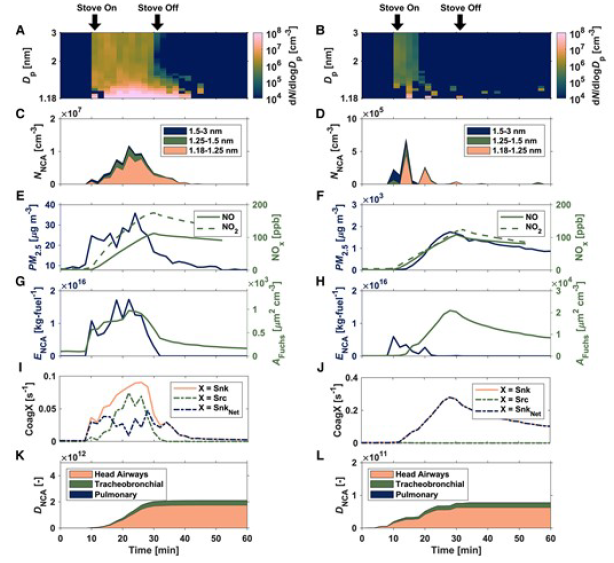2024-02-22 ミシガン大学
<関連情報>
- https://news.umich.edu/chatgpt-acts-more-altruistically-cooperatively-than-humans/
- https://www.pnas.org/doi/10.1073/pnas.2313925121
AIチャットボットが人間に行動的に似ているかどうかのチューリングテスト A Turing test of whether AI chatbots are behaviorally similar to humans
Qiaozhu Mei, Yutong Xie, Walter Yuan, and Matthew O. Jackson
Proceedings of the National Academy of Sciences Published:February 22, 2024
DOI:https://doi.org/10.1073/pnas.2313925121

Significance
As AI interacts with humans on an increasing array of tasks, it is important to understand how it behaves. Since much of AI programming is proprietary, developing methods of assessing AI by observing its behaviors is essential. We develop a Turing test to assess the behavioral and personality traits exhibited by AI. Beyond administering a personality test, we have ChatGPT variants play games that are benchmarks for assessing traits: trust, fairness, risk-aversion, altruism, and cooperation. Their behaviors fall within the distribution of behaviors of humans and exhibit patterns consistent with learning. When deviating from mean and modal human behaviors, they are more cooperative and altruistic. This is a step in developing assessments of AI as it increasingly influences human experiences.
Abstract
We administer a Turing test to AI chatbots. We examine how chatbots behave in a suite of classic behavioral games that are designed to elicit characteristics such as trust, fairness, risk-aversion, cooperation, etc., as well as how they respond to a traditional Big-5 psychological survey that measures personality traits. ChatGPT-4 exhibits behavioral and personality traits that are statistically indistinguishable from a random human from tens of thousands of human subjects from more than 50 countries. Chatbots also modify their behavior based on previous experience and contexts “as if” they were learning from the interactions and change their behavior in response to different framings of the same strategic situation. Their behaviors are often distinct from average and modal human behaviors, in which case they tend to behave on the more altruistic and cooperative end of the distribution. We estimate that they act as if they are maximizing an average of their own and partner’s payoffs.



